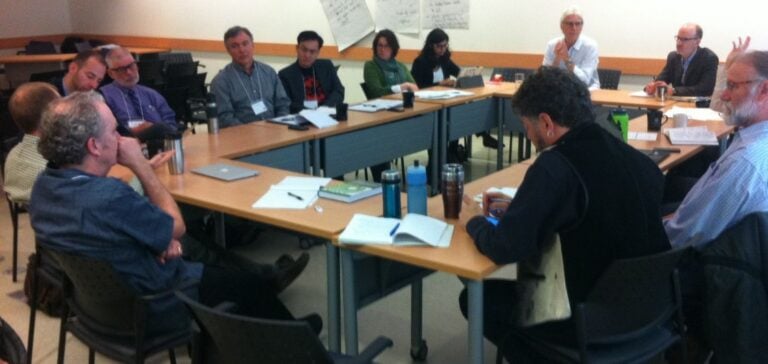The Canadian Association of Petroleum Producers (CAPP) is stepping up its criticism of the federal government’s new anti-greenwashing rules.
According to CAPP, the amendments to the Competition Act impose transparency requirements on companies when it comes to environmental claims, but these rules must be applied fairly to all sectors, including environmental groups.
In its recent recommendations to the Competition Bureau, CAPP stresses the need for uniformity of truthfulness standards to avoid distortion of competition.
This comes after several companies, including Pathways Alliance, removed content relating to their environmental objectives from their websites, in response to new legal requirements.
The industry considers that current legislation restricts their ability to openly discuss climate and environmental issues, and could expose them to prosecution by activist groups.
Demand the same transparency from environmental groups
In its submission, CAPP argues that the new rules should apply equally to all entities, including nonprofit groups and environmental organizations that raise funds for climate-related projects.
“The Competition Bureau should make clear that climate advocacy groups…are subject to the same standards with respect to their own communications and statements,” CAPP says.
This request is intended to ensure that all parties, including NGOs and other civil society organizations, are held to the same evidentiary standards as private sector companies.
This approach is criticized by groups such as Environmental Defence, who accuse the industry of trying to distract attention from the real issues surrounding greenwashing.
In their view, the industry is using this debate to avoid complying with new, stricter standards designed to ensure that environmental claims are based on internationally recognized evidence and methodologies.
Risk of hindering communication of environmental objectives
New provisions in the Competition Act require companies to demonstrate the veracity of their environmental claims.
CAPP fears that these rules, in the absence of clear guidelines, will limit the disclosure of climate targets to investors and financial markets, putting Canadian companies at a disadvantage compared to their competitors in other jurisdictions.
This uncertainty could undermine companies’ ability to openly discuss their climate strategies and commitments.
In response, CAPP calls for more precise definitions and rules that ensure consistency in their application across all economic sectors.
Companies in the oil and gas sector, which are considering emissions reduction technologies such as carbon capture and storage, believe that clear guidelines would facilitate investment decisions in such initiatives.
Reflections on potential legislative reform
While the Competition Bureau is working on guidelines for these new provisions, CAPP has made several recommendations to improve the legislation.
The proposals include uniform application of the new rules to all industries, and specific criteria for assessing companies’ environmental claims.
The aim is to avoid a situation where some organizations, particularly those engaged in charitable or non-profit activities, would have an unfair advantage in their environmental communications.
The public consultation period for these proposals closes at the end of September.
The results of this consultation will determine how the legislation will be implemented and adjusted to balance transparency requirements with the need to maintain a competitive investment environment.
Outlook for the Canadian energy sector
The debate surrounding anti-greenwashing rules reflects broader issues for the Canadian oil and gas industry.
As the government pushes for emissions reductions, companies in the sector must navigate an increasingly complex regulatory framework.
The industry’s ability to influence the revision of legislation could determine its future competitiveness and contribution to the country’s climate objectives.
The coming months will be crucial in assessing whether Canada can strike a balance between strict regulation and an investment-friendly environment.





















